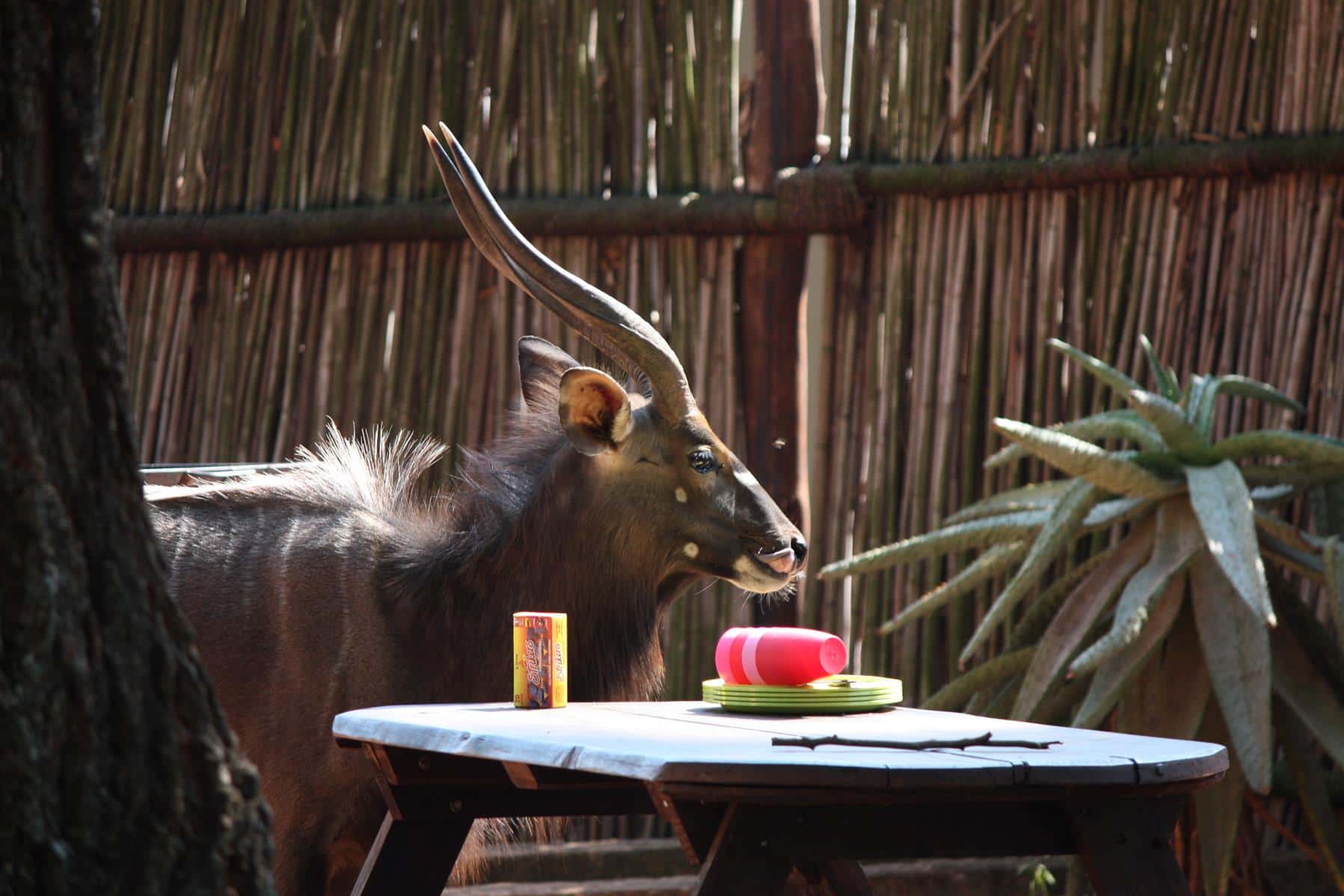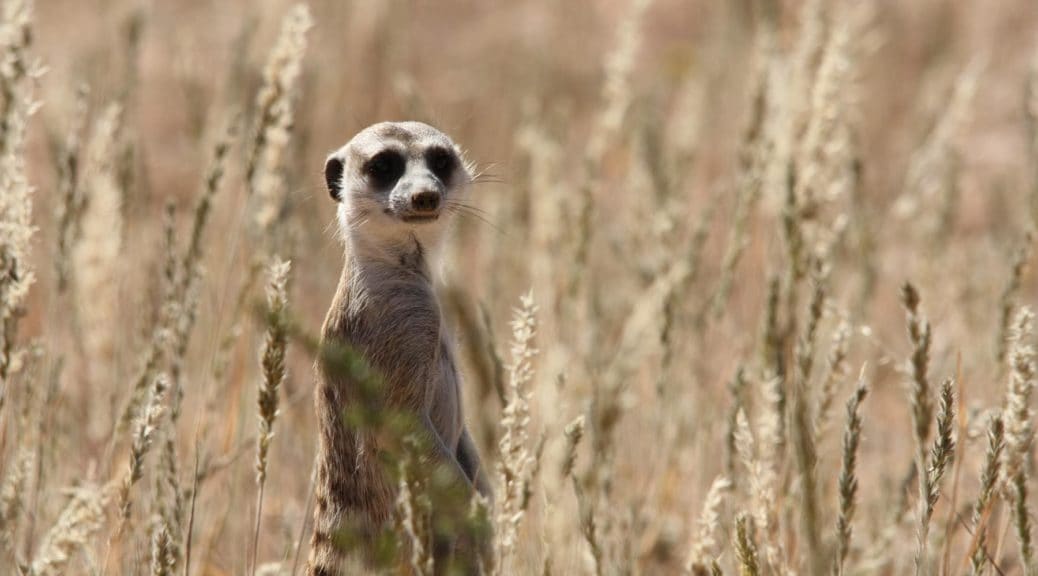If you aren’t a regular visitor to remote parks, you may be unsure what to expect and how to behave. Are you allowed to make your own firewood, how do you dispose of your garbage, what do you do in case of an emergency and what about those marauding monkeys?
The national parks definitely are some of the most valuable natural assets of the southern African region. Few travellers visit this area without including at least one of these protected areas on their itinerary. To preserve them for posterity, it is vital that all visitors adhere to some basic rules.
Parks may have individual regulations regarding specific activities like fishing but there are some general rules which are universal to all parks. These are foremost aimed at protecting the wildlife, fauna and flora, but also to ensure that every visitor enjoys a harmonious and peaceful stay.
As eco travellers we all should aim to leave nothing but our footprints when we visit natural areas. The whole region is currently in a grip of a severe drought, therefore we should always use water sparingly.
Some parks will give you a list of rules when you enter the park, but if they don’t you should adhere to the following general regulations which aren’t always obvious to first time visitors:
Behaviour in camp
- The restcamps of some of the major parks in South Africa and Namibia (like Kruger and Etosha) are fenced but most of the park restcamps in the region are unfenced. Visitors must at all times be responsible and keep watchful eyes for game passing through camps.
- Park gates open and close at different times during winter and summer and there also are prescribed times by when visitors have to be in their camp. Even the camps that are unfenced have prescribed arrival and departure times and you should always adhere to these. Inquire about the gate and camp times when you report to reception.
- Only camp in designated campsites. Do not take an open site that you haven’t booked as you could be forced to break up your comfortable camp to make room for the person who booked it.
- Do not disturb other campers or the wildlife with your music, noise or, worst of all, a generator.
- Do not feed animals or birds, even with natural or locally occurring fruits, pods or flowers. By feeding them they become dependent on this food supply and may get aggressive. If so, the authorities will have to shoot these ‘problem’ animals.
- Baboons and monkeys have become a big problem in many camps as they raid sites. Therefore all food must be securely locked away when you leave and while in camp you should not leave food unattended even for a few seconds.
- Only use designated braai/fireplace stands for your campfire. Some of the camp fireplaces in the Kruger National Park are serviced and cleaned daily but in all other camps you should dispose of your cold ash in the rubbish bin. If there is no provision for waste disposal in camp, then the more rustic camps like Gonarezhou suggest that you should bury it or dispose of it in the long drop (pit) toilet.
- Some parks provide proper garbage disposal facilities, but where none is available, you can burn the combustible material in your campfire or alternatively carry it out with you. At least take cans, bottles and plastic with you.
- However smelly and unpleasant long drop (pit) toilets are, you should use them rather than the veld if they are the only toilets at your campsite. You should not throw in anything that you would not throw down your toilet at home.
- Ensure that your fire is fully extinguished before you go to bed at night and also when you leave your camp. A fire can appear dead but a strong wind can re-ignite the smallest spark as it blows away the ash covering smouldering coals.

On a game drive/walk
- Do not leave your vehicle or walk in the veld without a ranger to guide you. You have to be extremely cautious even at viewing points or picnic sites where you are allowed to alight. Always be alert for dangerous animals.
- For safety reasons you should not move more than 50m away from any designated picnic site or viewpoint and keep noise and movement to a minimum as this will scare away wildlife that other visitors might have enjoyed viewing.
- Do not pick up and remove any plants, seeds, pods, fruit, bones, teeth, horns, skins, flowers, insects, rocks or feathers from the park. Never collect firewood from the veld! You have to supply your own firewood or buy it at the park office/shop when available.
- You are not allowed to drive at night or use a spotlight to view game.
- Do not allow any passenger to sit on the roof of your vehicle or lean out to get a better photograph or videoclip. This is potentially dangerous and may also disturb animals within sight.
- If you urgently need to answer the call of nature in the bush, be extremely vigilant and do not leave your toilet paper exposed. Used toilet paper must be buried properly or placed in a plastic bag to later burn at your campsite or add to your garbage that you remove from the park.
- Do not drive off existing tracks/roads as you may damage sensitive ecosystems and at the same time cause track pollution. This includes driving in dry riverbeds, which you should only be done when the road crosses a riverbed.
- Strictly adhere to speed limits for the park. Sadly many animals are killed by speeding vehicles.
- It is a good idea to ask the emergency contact number of the responsible parks official when you book into the park, in case your vehicle breaks down or you have an accident or a medical emergency outside of camp.
Also see the blog posts dealing with Etiquette for wild camping, Bathroom trivialities when you camp, How to act around wild animals, How to be safe around elephants as well as The law of the waterhole to be better informed when you visit one of the many magnificent protected areas in Southern Africa.

